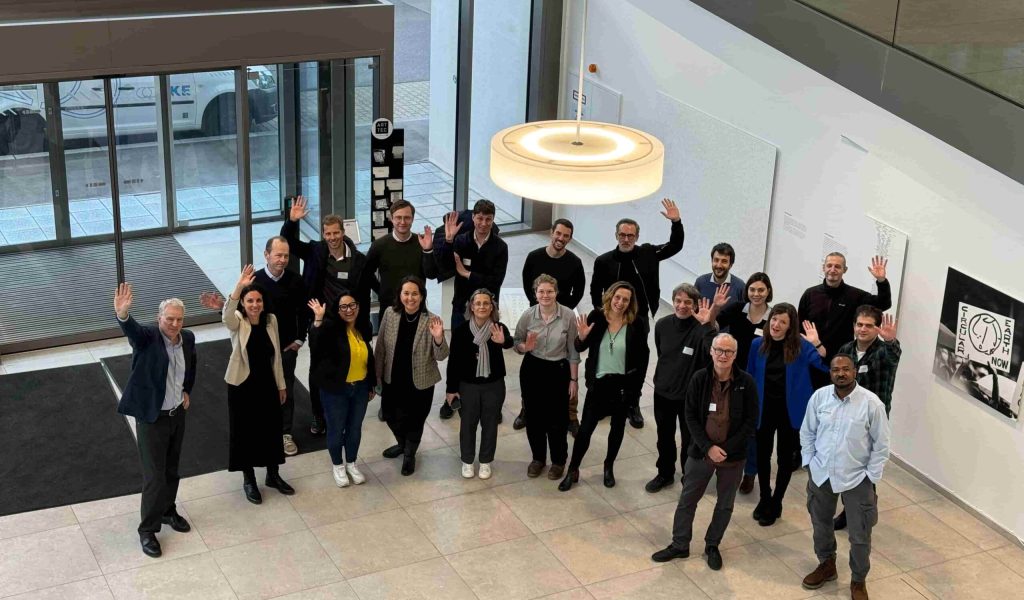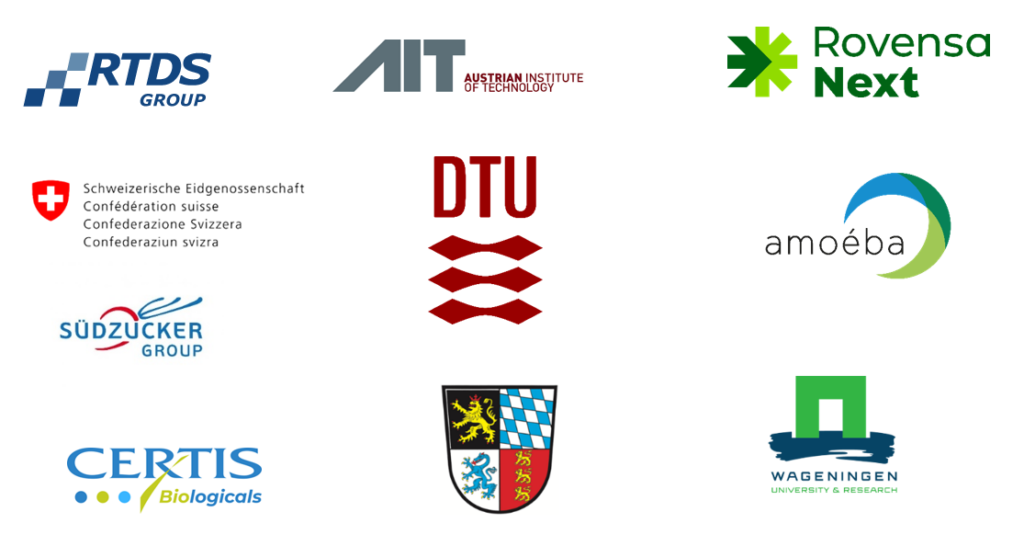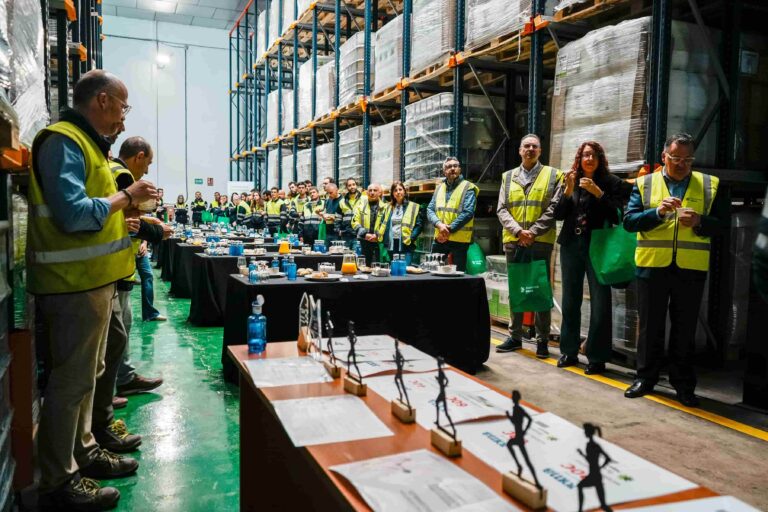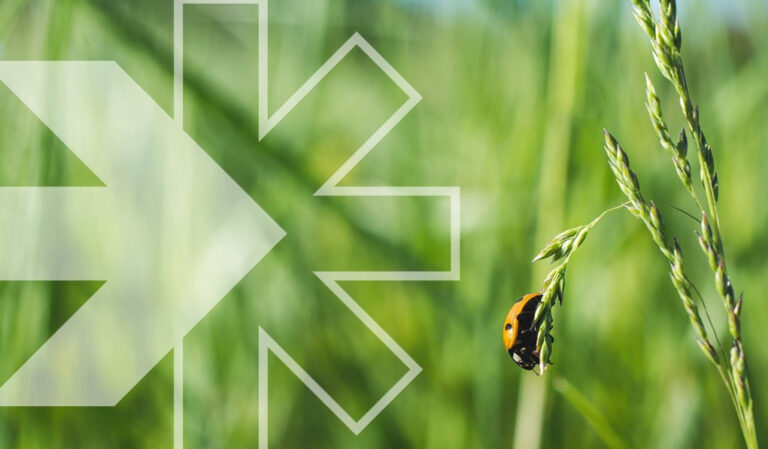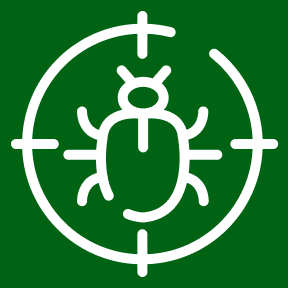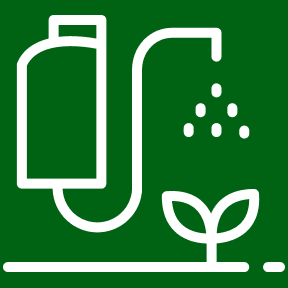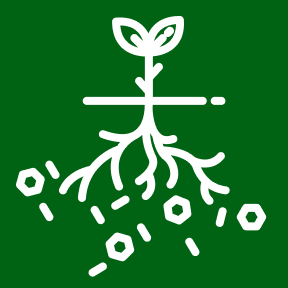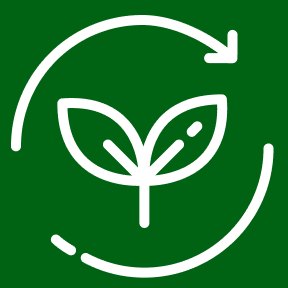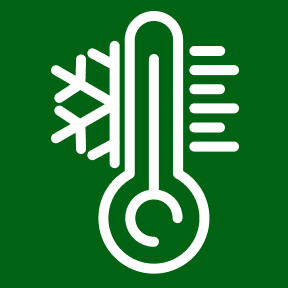- The Horizon Europe project SAGROPIA, that counts with Rovensa Next in its consortium partners, is a five-year research and innovation project aimed to reduce reliance on chemical pesticides focused on biocontrol methods for combatting plant pests and diseases.
- The consortium will develop advance strategies of integrated pest management (IPM) for reducing the use of chemical pesticides in the cultivation of potato and sugar beet.
- SAGROPIA aligns with the EU Farm to Fork strategy, supporting its objectives for sustainable farming systems and inclusive, healthy food systems.
Madrid, 15 February 2024. The Horizon Europe project SAGROPIA has successfully launched, marking the beginning of a promising five-year collaborative approach to research and innovation in sustainable crop protection. With a budget of €6 million, SAGROPIA, that counts with Rovensa Next in its consortium of 10 partners, aims to reduce chemical pesticide use by 50% in potato and sugar beet cultivation.
Focusing on biocontrol methods for combatting plant pests and diseases, it aligns with the objectives for sustainable farming systems and inclusive, healthy food systems. The project strives for climate-neutral, resilient farming, providing safe, and sustainable solutions while minimizing ecosystem pressure and promoting biodiversity. In addition, it will contribute to climate mitigation, supporting Sustainable Developmental Goals by fostering inclusive and healthy food systems.
The EU Farm to Fork strategy prioritizes food security and safety, aiming to reduce reliance on chemical pesticides due to environmental and health concerns. EU Institutions seek to replace identified CfS in EC Regulation No. 1107/2009, while maintaining high agricultural yields amidst climate change and pest risks. The agrifood industry is actively exploring alternative approaches and seeking innovative solutions to replace the identified CfS and address the complex issues surrounding pesticide use.
The SAGROPIA consortium brings together leading research institutes and key agroindustry companies, such as Rovensa Next, from 8 countries (7 EU and the USA) and is led the EU-funding consultancy, RTDS Association. The objective of this collaboration is to develop and implement innovative and comprehensive Integrated Pest Management (IPM) strategies. These IPM strategies will be tested in participatory field trials with growers, and will be assessed for their environmental, social, and economic sustainability. This approach ensures a robust evaluation process, facilitating swift and reliable market entry and future uptake for the developed SAGROPIA plant protection solutions.
Sara Monteiro, Head of Global R&D Biocontrol and Adjuvants stated: “SAGROPIA, is a unique project not only for its relevance but also to solve growers’ real needs and contribute to a better environment.” The expert added: “Rovensa Next biosolutions will being evaluated and endorsed by a consortium of experts in different areas, from science to IPM to sustainability, and together, will provide integrated strategies to solve some of the most challenging and demanding pest and diseases in two key crops for Europe as sugar beet and potato.”
SAGROPIA’s scientific coordinator, Dr. Günter Brader – Senior Scientist/Bioresources from the AIT Austrian Institute of Technology – has the following to say about the project:
“In the SAGROPIA project we will advance strategies of integrated pest management (IPM) for reducing the use of chemical pesticides in the cultivation of potato and sugar beet. Specifically, we aim to replace several so called “candidates for substitution” (CfS) active substances, which are supposed to phase out because of their toxicological profiles but, due to lack of alternatives, are still commonly applied for crop protection. To replace them, we will test and bring forward promising candidates out of thirteen innovative, biological, and low-risk pesticides. Combined with IPM, this shall maintain high crop quality and secure yields in EU agriculture, while limiting harmful effects on the environment and human health.”
As project coordinator, Dr Stephen Webb from RTDS remarked: “We are proud to announce the Horizon Europe-funded SAGROPIA, it is the 7th project coordinated by RTDS since Horizon 2020, aligning seamlessly with our commitment to advancing research and innovation in harmony with the European Green Deal, alongside our esteemed consortium partners.”
About SAGROPIA:
SAGROPIA Factsheet European Commission: CORDIS
SAGROPIA RTDS Association Website
Funded by the European Union. Views and opinions expressed are, however, those of the author(s) only and do not necessarily reflect those of the European Union or European Research Executive Agency (REA). Neither the European Union nor the granting authority can be held responsible for them. Grant Agreement 101135629.
SAGROPIA’s Associate partner, Agroscope from Switzerland is funded by the Swiss State Secretariat for Education, Research, and Innovation (SERI).

